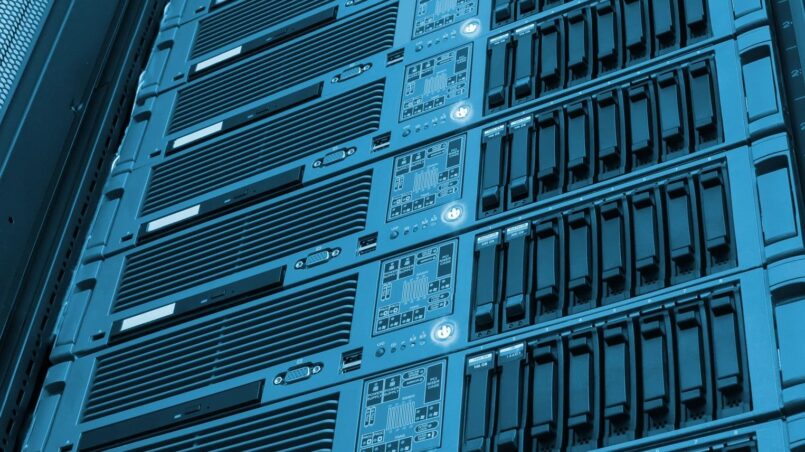WHAT IS BLOCKCHAIN?
A blockchain is a distributed database or ledger that is shared among the nodes of a computer network. It is a shared, immutable ledger that facilitates the process of recording transactions and tracking assets in a business network.
HOW IT WORKS?
Distributed ledger technology (“DLT”) allows record keeping across multiple computers, known as “nodes”. Nodes verify, approve, and store data within the ledger. The information stored in the ledger is organized into blocks, or groups of data. Each block can only hold a certain amount of information, so new blocks are continually added to the ledger, forming a chain; hence, the term, ‘blockchain’. Each block has its own unique identifier, a cryptographic “hash.” The block is encrypted, and the transaction record is permanent, where they are protected from deletion, tampering, and revision
DIFFERENCE BETWEEN TRADITIONAL DATABASE AND BLOCKCHAIN TECHNOLOGY
· A blockchain collects information together in blocks that hold sets of data. Blocks have certain storage capacities and, when filled, are closed and linked to the previously filled block, forming a chain of data known as the blockchain.
· Blockchain stores data in blocks that are then linked together via cryptography.
· As new data comes in, it is entered into a fresh block. Once the block is filled with data, it is chained onto the previous block, which makes the data chained together in chronological order.
· The data entered is irreversible. This means that transactions are permanently recorded and viewable to anyone.
LEGAL IMPLICATIONS/ CONCLUSION
There are many possible legal applications for blockchain. In case of the Indian Contract Act 1872 requires the existence of the parties to the contract, whereas with the concept of smart contracts, the codes embedded in each block shall indicate the existence of the intention to contract with other party. Terms of the contract as outlines by the code will form a chain of blocks and further execution of a smart contract shall mean the acceptance of the contract. While legal uses of blockchain are still being explored, a number of practical functions are being utilized. Blockchain participants need to be aware of the legal ramifications of the solution as they are using including public law, private law, criminal law and financial and regulatory law. With upcoming practical implementation, blockchain will make business and government operations more accurate, efficient and secure.
DISCLAIMER
The content of this article is intended to provide general guidance on the subject matter. Specialist advice should be sought about your specific circumstances.
Key words: Cryptocurrency, Blockchain Technology, nodes.
References: https://www.investopedia.com/terms/b/blockchain.asp#toc-the-bottom-line


